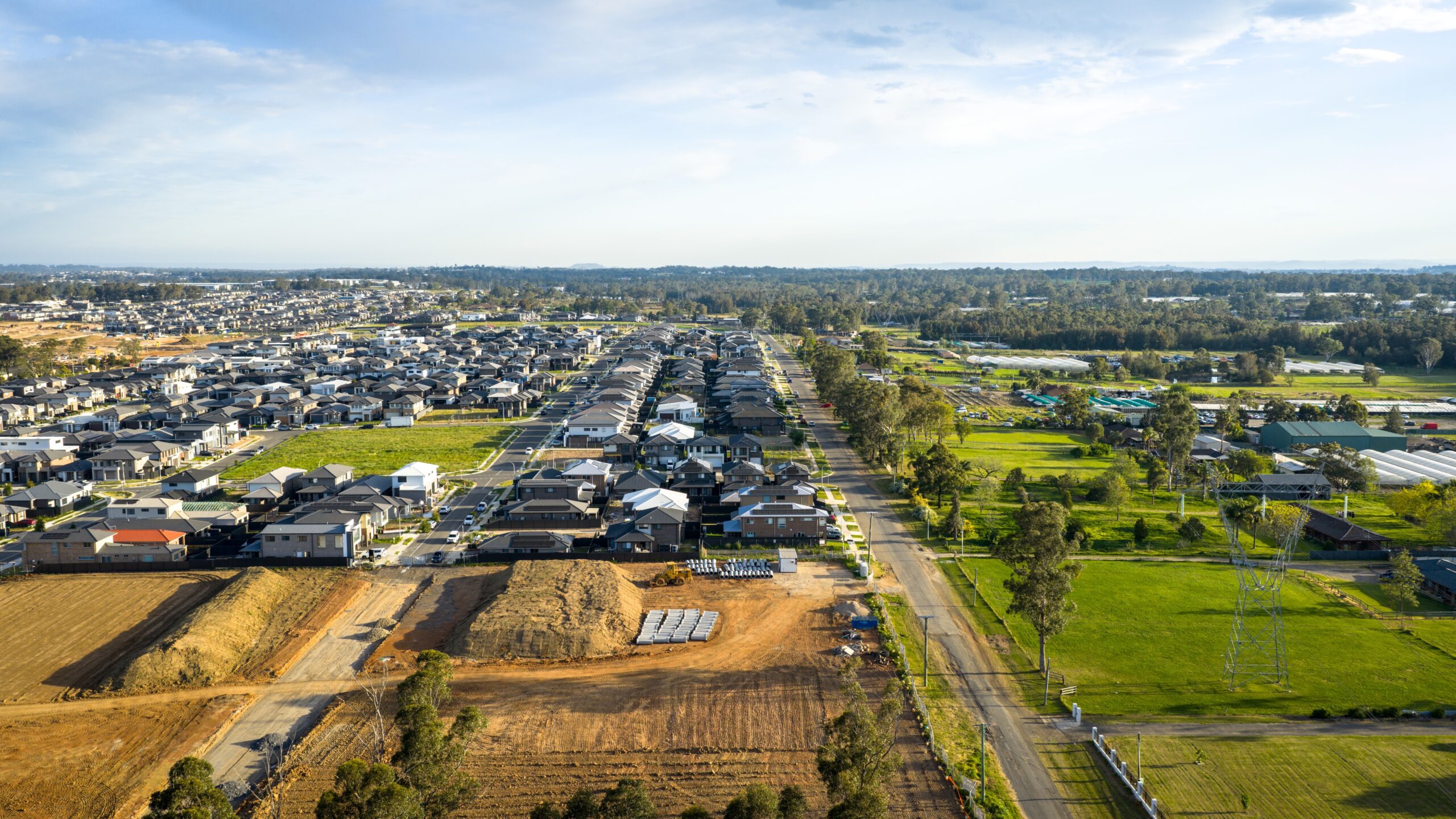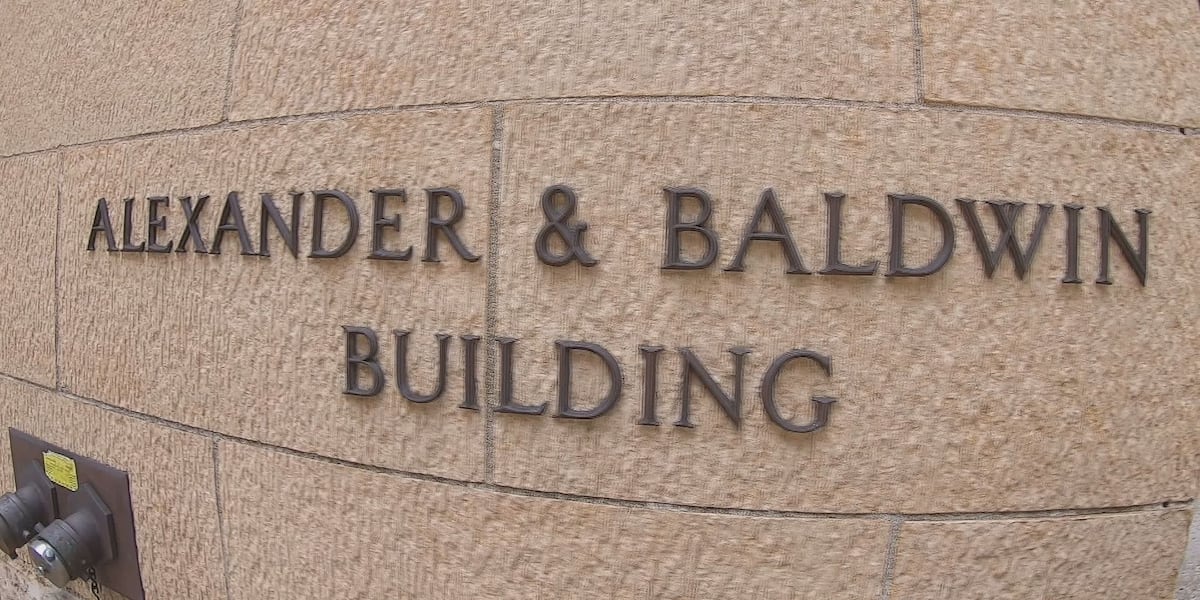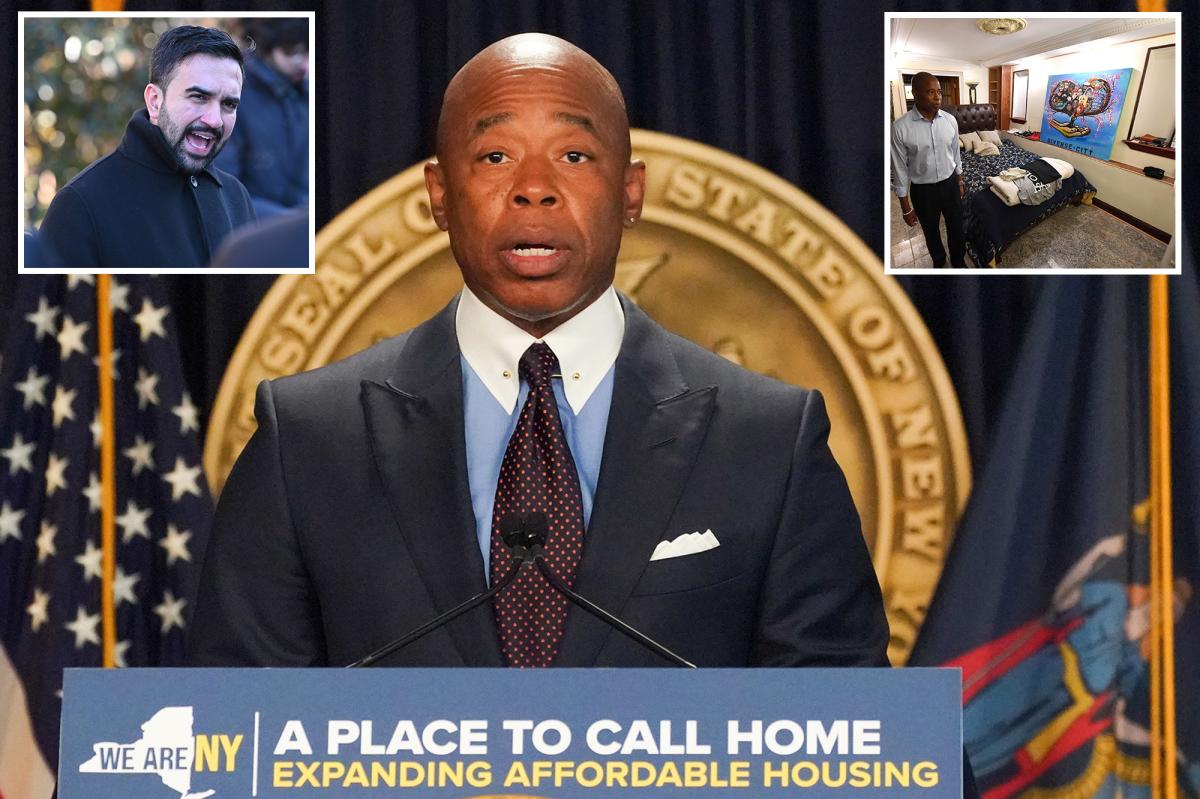F
or many Filipino-Americans and overseas Filipinos, real estate remains a meaningful way to stay connected to the homeland. Buying property in the Philippines has long been seen as a smart move for retirement planning, securing a future home, or investing in family's financial legacy. However, with the US tightening its immigration policies, particularly around business activities on tourist visas, the way overseas Filipinos engage in real estate is shifting.
The US immigration climate has become stricter, focusing on compliance around visa classifications. Conducting business activities on tourist visas, such as promoting or selling real estate, is strictly prohibited and may result in visa cancellation, deportation, or future entry bans. This affects Filipino-American investors who should be cautious about working with professionals and understand that agents marketing properties while on a tourist visa are not legally allowed to do so.
This immigration crackdown has a ripple effect on Philippine real estate transactions. Many buyers are rethinking how they engage in transactions involving Philippine properties, seeking licensed brokers who are either US-based dual citizens or collaborate with NAR members. Buyers are also requesting online consultations, virtual tours, and special power of attorney arrangements for secure and compliant transactions.
Despite these changes, the Philippine real estate market remains attractive, particularly with the peso-dollar exchange rate favoring overseas investors. Key trends include growth in regional hubs like Batangas, Pampanga, and Davao, offering lower entry points and strong rental potential. Government infrastructure projects are also boosting nearby property values.
To navigate this landscape, Filipino-American buyers must work with professionals who follow the law. This means partnering with a PRC-licensed broker in the Philippines, a US-based real estate professional with a valid license and immigration status, and legal advisers who understand both Philippine and US property laws. By doing so, investors can build wealth and security for their family without putting their visa, finances, or future at risk.
The bottom line is that Filipino-American buyers must be doubly aware of market trends and the professionals they transact with. With the right partners and a clear understanding of the law, now is still a good time to enter the Philippine real estate market.














